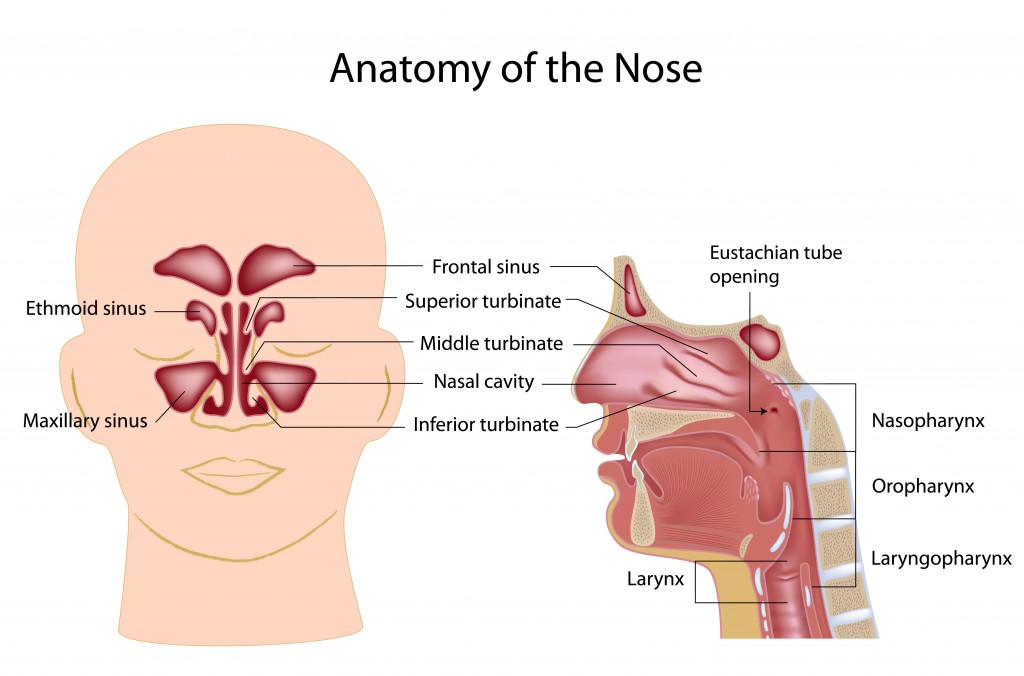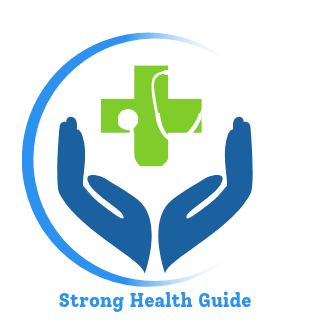Sinus allergies, commonly referred to as allergic rhinitis, occur when allergens such as pollen, dust mites, mold, or pet dander trigger inflammation in the sinuses, leading to symptoms like nasal congestion, sneezing, postnasal drip, and facial pressure. If left untreated, sinus allergies can disrupt daily activities and lead to chronic sinusitis or other complications. Fortunately, several treatments can effectively manage and alleviate these symptoms.

1. Antihistamines: Fast Relief for Allergic Reactions
Antihistamines are one of the first lines of defense against sinus allergies. They work by blocking histamine, a chemical your body releases during an allergic reaction. By doing so, they reduce symptoms like sneezing, itching, and runny nose.
- Over-the-counter (OTC) antihistamines: Medications like loratadine (Claritin), cetirizine (Zyrtec), and fexofenadine (Allegra) are commonly used to provide relief without causing significant drowsiness.
- Prescription antihistamines: For more severe allergies, prescription-strength antihistamines may be recommended by a healthcare provider.
Antihistamines are often effective within hours, but they mainly focus on reducing immediate symptoms and may not address chronic sinus issues.
2. Decongestants: Easing Nasal Congestion
Decongestants shrink the swollen nasal tissues and blood vessels that cause congestion, making it easier to breathe. They are available in oral forms like pseudoephedrine (Sudafed) and nasal sprays like oxymetazoline (Afrin).
- Nasal sprays: While nasal decongestants offer quick relief, they should not be used for more than 3 days in a row, as prolonged use can lead to rebound congestion (rhinitis medicamentosa).
- Oral decongestants: These work systemically and can help reduce sinus pressure, but they may cause side effects such as increased heart rate or insomnia. They are not recommended for people with high blood pressure.
3. Nasal Corticosteroids: Long-Term Relief for Chronic Symptoms
For long-lasting symptom control, nasal corticosteroid sprays are highly effective. They reduce inflammation in the nasal passages and prevent the release of substances that cause allergic reactions.
- Common options: Fluticasone (Flonase), mometasone (Nasonex), and budesonide (Rhinocort) are popular nasal corticosteroids that can be used daily to manage symptoms over time.
- Advantages: These sprays can provide relief from congestion, sneezing, runny nose, and sinus pressure. Unlike decongestant sprays, they are safe for long-term use.
Nasal corticosteroids may take a few days or even a week to show full effects, but they offer significant relief for chronic sinus allergy sufferers.
4. Saline Nasal Irrigation: A Natural and Safe Option
Saline nasal irrigation, often done using a neti pot or a saline spray, helps flush out allergens, mucus, and irritants from the nasal passages. This method can be used alongside other treatments to keep nasal passages clear and reduce congestion.
- How it works: A saline solution (a mixture of salt and water) is poured into one nostril and allowed to drain out the other, helping to clear out the sinuses.
- Benefits: It is a safe, drug-free treatment that can be done daily to alleviate symptoms and prevent sinus infections.
- Precautions: Make sure to use distilled or boiled water to prevent infections.
5. Allergy Immunotherapy: Long-Term Solution
For people who experience severe sinus allergy symptoms or those who want a long-term solution, allergy immunotherapy can be highly effective. This treatment involves exposing the immune system to small amounts of allergens over time, helping to build a tolerance to them.
- Types of immunotherapy:
- Allergy shots: Injections of small amounts of allergens given regularly over several years.
- Sublingual immunotherapy (SLIT): A treatment in which small doses of allergen extracts are placed under the tongue.
Both forms of immunotherapy can lead to a significant reduction in allergic symptoms, and in some cases, even eliminate the allergy altogether.
6. Lifestyle Changes and Environmental Control
Managing your environment can greatly reduce exposure to allergens and help control sinus allergies. Here are some key strategies:
- Avoid allergens: Limit exposure to known allergens such as pet dander, pollen, and dust mites by keeping windows closed during high-pollen seasons, using air purifiers, and regularly cleaning your living spaces.
- Bedding protection: Use dust-mite-proof covers on pillows and mattresses and wash bedding in hot water weekly.
- Humidity control: Keep indoor humidity below 50% to prevent mold growth. A dehumidifier can help reduce moisture in the air.
7. Natural Remedies and Supplements
For those seeking natural alternatives or supplemental treatments to traditional medication, certain remedies may provide relief:
- Quercetin: A natural plant flavonoid found in foods like onions and apples, quercetin may help reduce the release of histamines and lessen allergic responses.
- Butterbur: This herbal extract has been studied for its anti-inflammatory properties and has shown promise in treating sinus allergy symptoms.
- Vitamin C: Known for its immune-boosting properties, vitamin C may also help reduce histamine levels in the body.
- Essential oils: Eucalyptus or peppermint oil, when inhaled, may provide relief from nasal congestion by acting as a natural decongestant.
8. Consulting a Healthcare Provider
While many sinus allergy treatments are available over-the-counter, it’s important to consult a healthcare provider if symptoms are severe, persistent, or if treatments don’t seem effective. A doctor can provide personalized advice and potentially identify underlying conditions that may be contributing to sinus issues.
Conclusion
Treating sinus allergies involves a multi-faceted approach that can include medications, natural remedies, and lifestyle modifications. From quick-acting antihistamines to long-term solutions like immunotherapy, there are numerous options to help manage sinus allergy symptoms effectively. By working with a healthcare provider and implementing the right combination of treatments, you can find relief from the discomfort and congestion caused by sinus allergies
